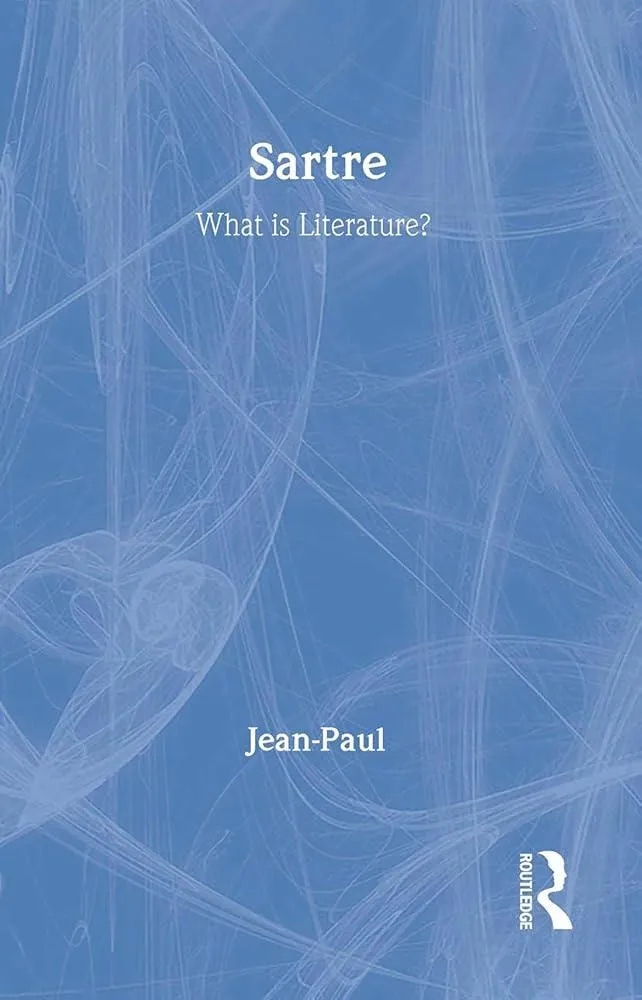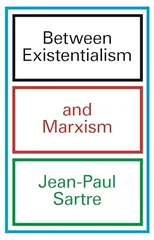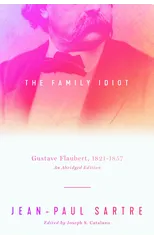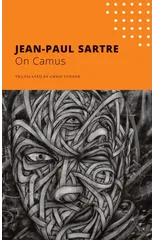What is Literature?
(Author) Jean-Paul SartreJean-Paul Sartre was one of the most important philosophical and political thinkers of the twentieth century. His writings had a potency that was irresistible to the intellectual scene that swept post-war Europe, and have left a vital inheritance to contemporary thought. The central tenet of the Existentialist movement which he helped to found, whereby God is replaced by an ethical self, proved hugely attractive to a generation that had seen the horrors of Nazism, and provoked a revolution in post-war thought and literature. In What is Literature? Sartre the novelist and Sartre the philosopher combine to address the phenomenon of literature, exploring why we read, and why we write.
Jean-Paul Sartre
Jean-Paul Sartre (1905-1980) was a French philosopher, novelist, and playwright known for his existentialist philosophy. His most notable works include "Being and Nothingness" and "No Exit". Sartre's literary style is characterized by complex language, deep exploration of human consciousness, and questions of freedom and responsibility. He is credited with popularizing existentialism and has had a significant impact on the literary genre. His most famous work, "Being and Nothingness", explores the concept of existence and the individual's struggle to define themselves in an indifferent world. Sartre's contributions to literature have made him a towering figure in 20th-century philosophy and literature.






